Migration and Mobility in HCI
Rethinking Boundaries, Methods, and Impact
at the ACM CHI conference
Saturday, May 8th, 2021. 9AM-1pm EDT (Virtual)
About the Workshop
Research on migration (both internal and external, voluntary and forced) has been an emergent domain in HCI and related disciplines over the past decade. However, as the number of migrants has been increasing over the last two decades, coupled with various growing global affairs, new challenges encountered by diverse types of migrants (e.g. international students, migrant workers) keep arising, and research on mobility gets entangled with many broader social and political issues. Hence, migration can no longer be considered as a ‘special case’ for some immigrant and refugee communities, but an everyday reality to hundreds of millions of people worldwide and across diverse socio-economic groups. Therefore, the objectives of this workshop are to (a) build a community with HCI researchers and practitioners involved in different domains, within and beyond migration, to share ideas and exchange expertise, (b) broaden the scope of HCI migration research and identify gaps within this field, and (c) provide a safe space for critical reflection on methodological approaches, research infrastructure, and space boundaries in relation with migration to achieve a better real-world impact.
Schedule + Submissions
| Time | Activity |
|---|---|
| 9:00 - 9:10 | Welcoming notes by Dina Sabie |
| 9:10 - 9:30 | Opening keynote 1 by Faheem Hussain: The New World Order and Our Mobility: Is the Future Truly for Everyone? |
| 9:30 - 9:50 | Opening keynote 2 by Samar Sabie: Defying Differences by Design |
| 9:50 - 10:05 | Meet & Greet |
| 10:05 - 10:15 | Break |
| 10:15 - 10:45 | Activity 1: Mapping progress and future trends for HCI and migration research (breakout rooms) |
| 10:45 - 10:55 | Groups reporting on the topics discussed in the breakout rooms |
| 10:55 - 11:15 |
Participants' Presentations #1
My BROWN WALKING-MOVING BODY as [M]ethod in Computing
Adverse complicities: On the difficulties of challenging the status quo in migration research
Promoting Meaningful Social Interaction Between Intercultural Strangers in Public Places: the case of migrants and locals in Istanbul
Time, Temporality, and Technology in Remote Participatory Research: Implications for HCI Research in Forced Migration
Losing, transporting and re-claiming identity: HCI Implications for prevention and counteraction of identity loss through (forced) migration |
| 11:15 - 11:25 | Q&A for participants' presentations |
| 11:25 - 11:35 | Break |
| 11:35 - 11:55 |
Participants' Presentations #2
Ethnography as a Method to Engage with Muslim Migrants Diagnosed with Substance Abuse Disorders
Temporary Agricultural Labour in Canada: Possible New Directions for HCI
The Chinese Diaspora: Overlapping Life Transitions, Barriers, and HCI
From Needs to Strengths: Devising Assets-Based Parent-Education ICTs for Latinx/a/o Immigrant Parents in the United States |
| 11:55 - 12:05 | Q&A for participants' presentations |
| 12:05 - 12:35 | Activity 2: Co-creating future plans for HCI and migration research (breakout rooms) |
| 12:35 - 12:45 | Groups reporting on the topics discussed in the breakout rooms |
| 12:45 - 13:00 | Closing remarks by Reem Talhouk |
Participate
To register for the conference and the workshop, please refer to https://chi2021.acm.org/information/4702.html. The cost of workshop registration is $30 + conference registration fee for at least one day. The conference registration fee depends on where you are based. Please refer to the link above for more details. Only registered members will be allowed to attend the workshop. Once you register, you can find the event link inside your 'Delegate Connect' account which will be provided to you by early May.
Organizers
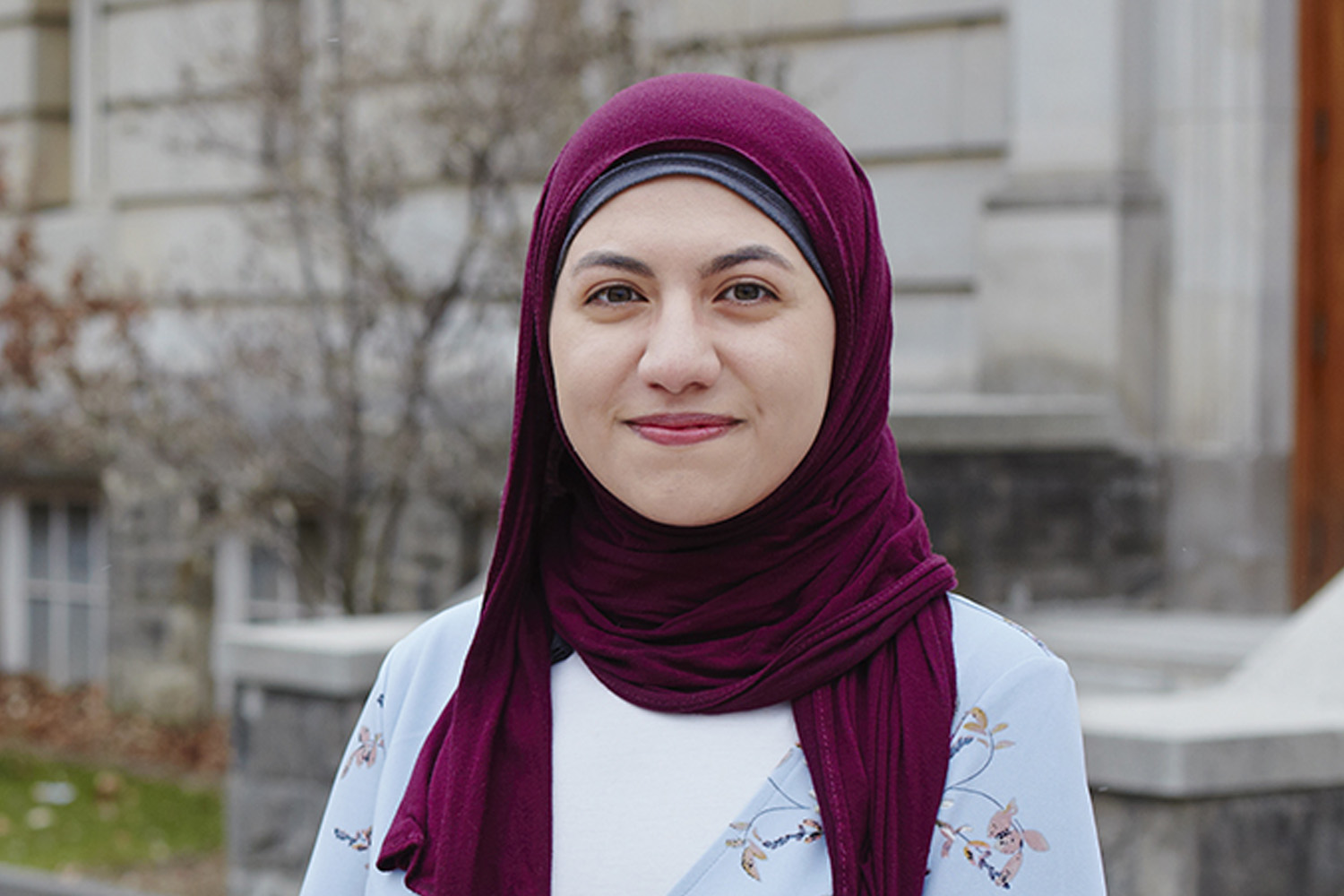
Dina Sabie is a Ph.D. candidate in Computer Science at the University of Toronto. Her research explores the potential of design, digital technologies, and co-creative activities to support migrants’ emotional needs and enhance their relationships with the hosting communities. She has engaged with immigrants, refugees, and IDPs, and her work is based across multiple sites around the globe, with a focus on Canada and Iraq.

Dr. Reem Talhouk is a Vice-Chancellor Research Fellow at Northumbria University. Her research focuses on designing humanitarian technologies to improve refugee and asylum seekers' resilience, health and wellbeing, and agency. She also conducts research exploring the role of design within humanitarian innovation. She has led several CHI workshops and SIGs.

Cansu Ekmekcioglu is a Ph.D. student in information science at the University of Toronto. Her research focuses on individual and organizational information activities and technology design in humanitarian and settlement contexts. Her work leverages data responsibility, inclusive policy, and community engagement approaches to improve humanitarian outcomes with refugees and immigrants.
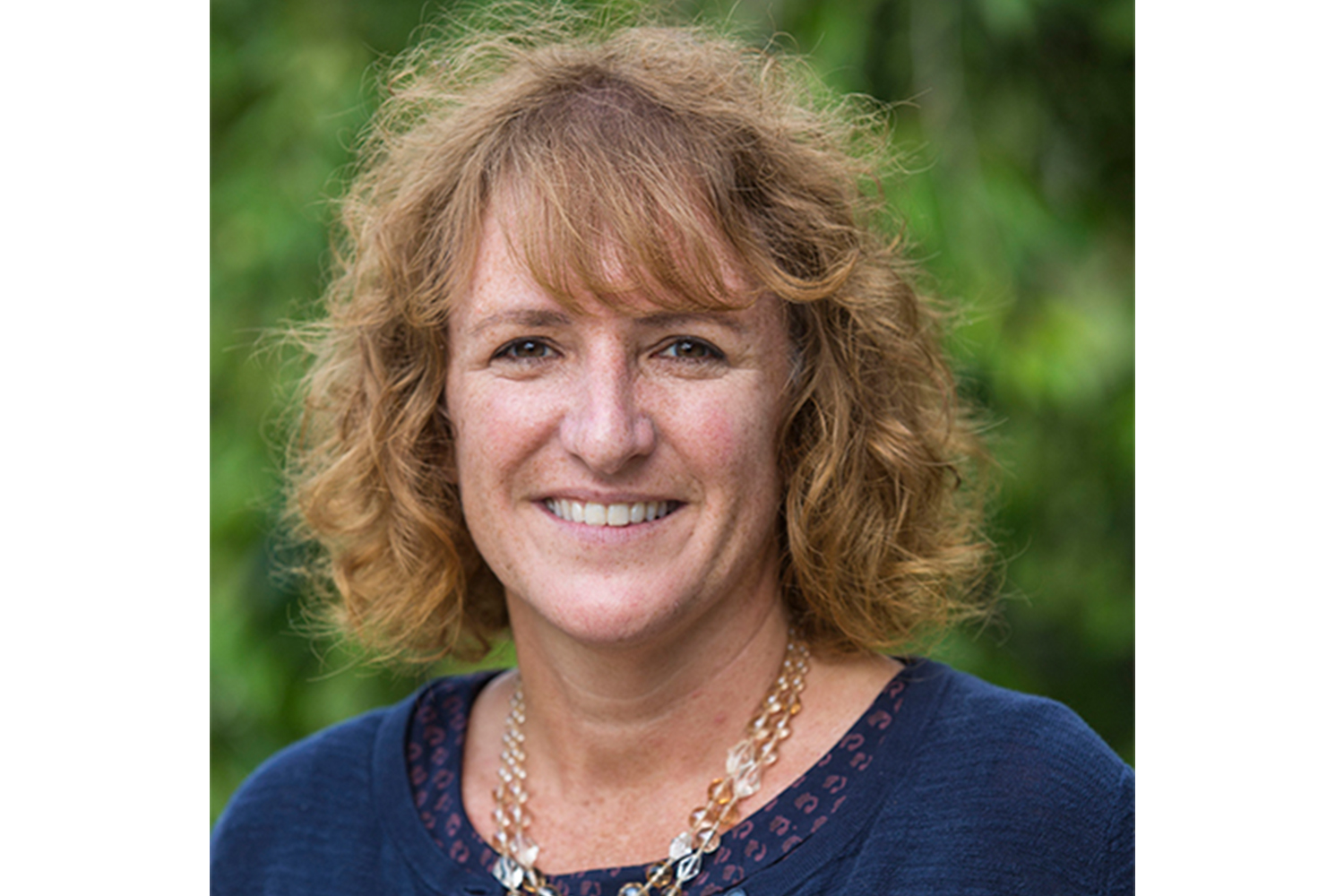
Dr. Carleen Maitland is co-Director of the Institute for Information Policy and Associate Professor in the College of Information Sciences and Technology at Penn State University. Her expertise includes analyses of ICT use in international organizations, particularly those responding to refugee crises. Her work has been carried out in East Africa, the Middle East, and South America, working with organizations such as the UNHCR, the U.S. State Department, and HIAS.

Volker Wulf is a computer scientist with an interest in the area of IT system design in real-world contexts, and a special focus on flexible software architectures can be adapted by end-users and methods of user-oriented software development and introduction processes. He is head of the Institute for Information Systems and New Media at the University of Siegen.
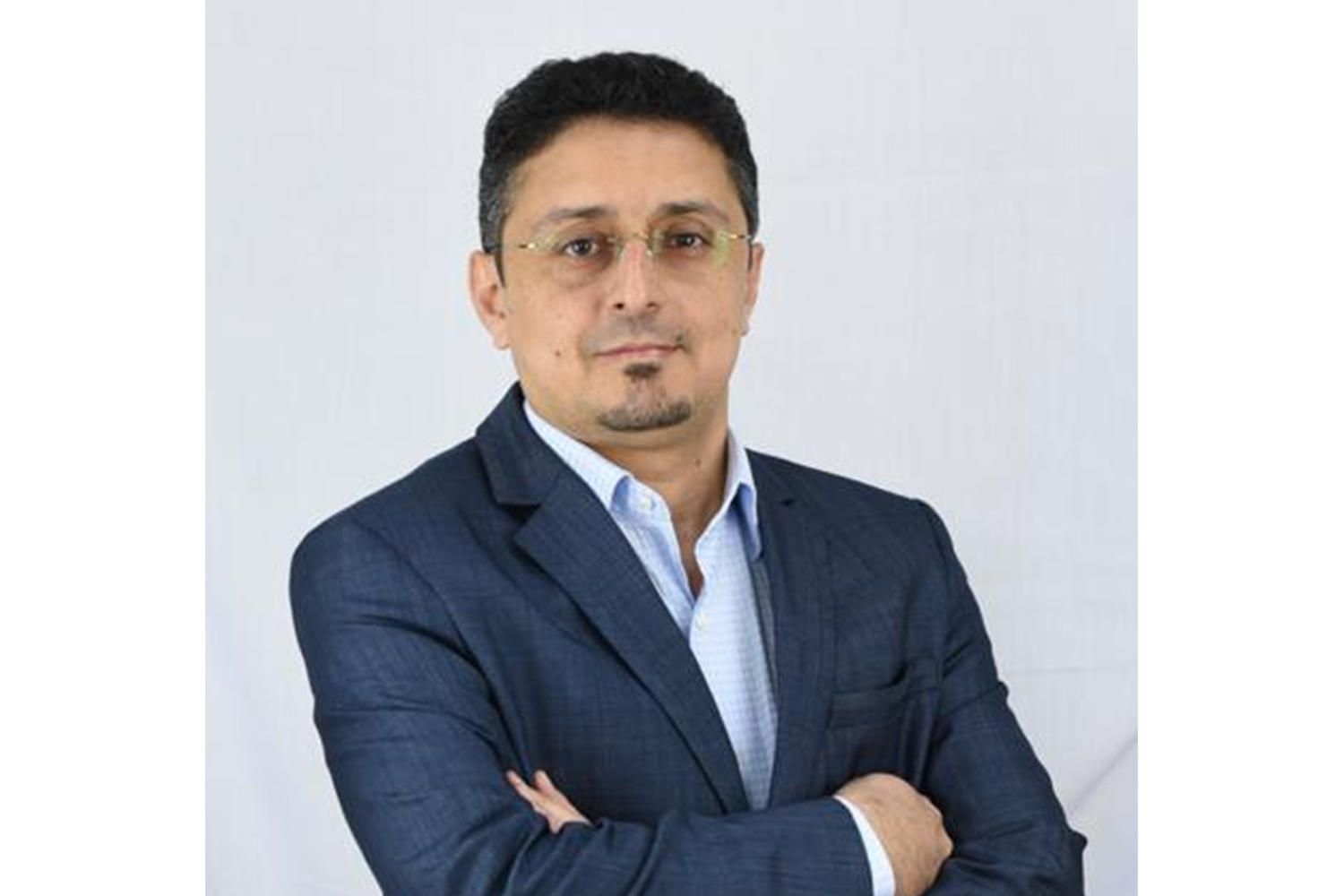
Dr. Eiad Yafi is an Assistant Professor at the Malaysian Institute of Information Technology, University of Kuala Lumpur, Malaysia. Broadly, his research focuses on Knowledge Discovery using Data Mining and Process Mining techniques. He is also an active researcher in the areas of Information and Communication Technologies for Development and Human-Computer Interactions.
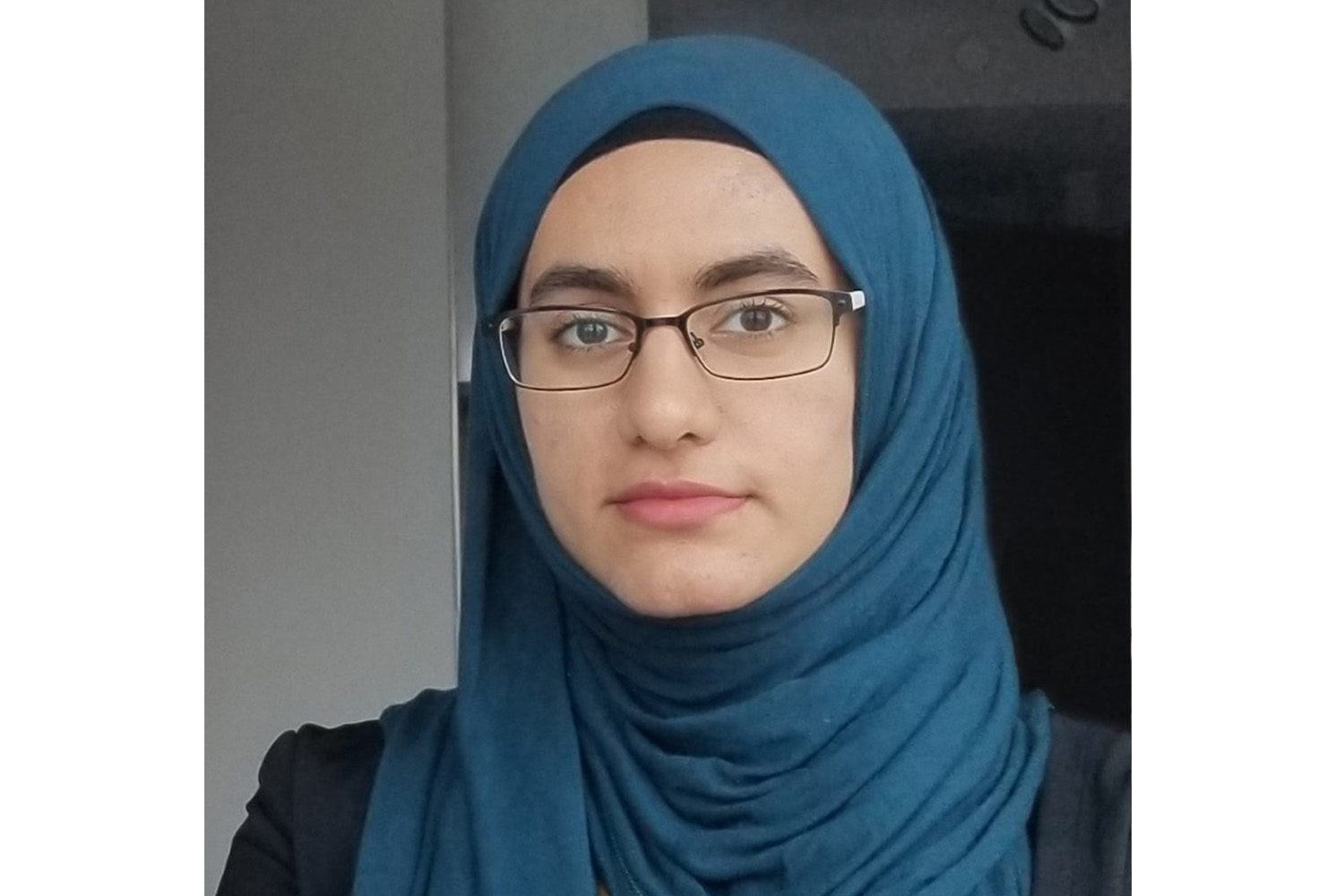
Samar Sabie is a Ph.D. student of Information Science at Cornell University and a doctoral fellow at the Cornell Tech Digital Life Initiative. Her work investigates the role design as a social practice can play in the spatial politics of intercultural, interclass, and intergenerational differences in urban contexts. She studied shelter and technology conditions in refugee and IDP camps in Iraq, but now focuses on migration issues in North American contexts.

Asam Almoahmed is a Ph.D. student in HCI at Queensland University of Technology (QUT). His current research focuses on the role of ICT in supporting refugees to integrate into the host community by promoting their social capital. He has worked with the school of public health and social work, QUT to understand how the use of social media affects intergenerational relationships within refugee families. He also worked as an assistant lecturer of computer science at the University of Kerbala, Iraq
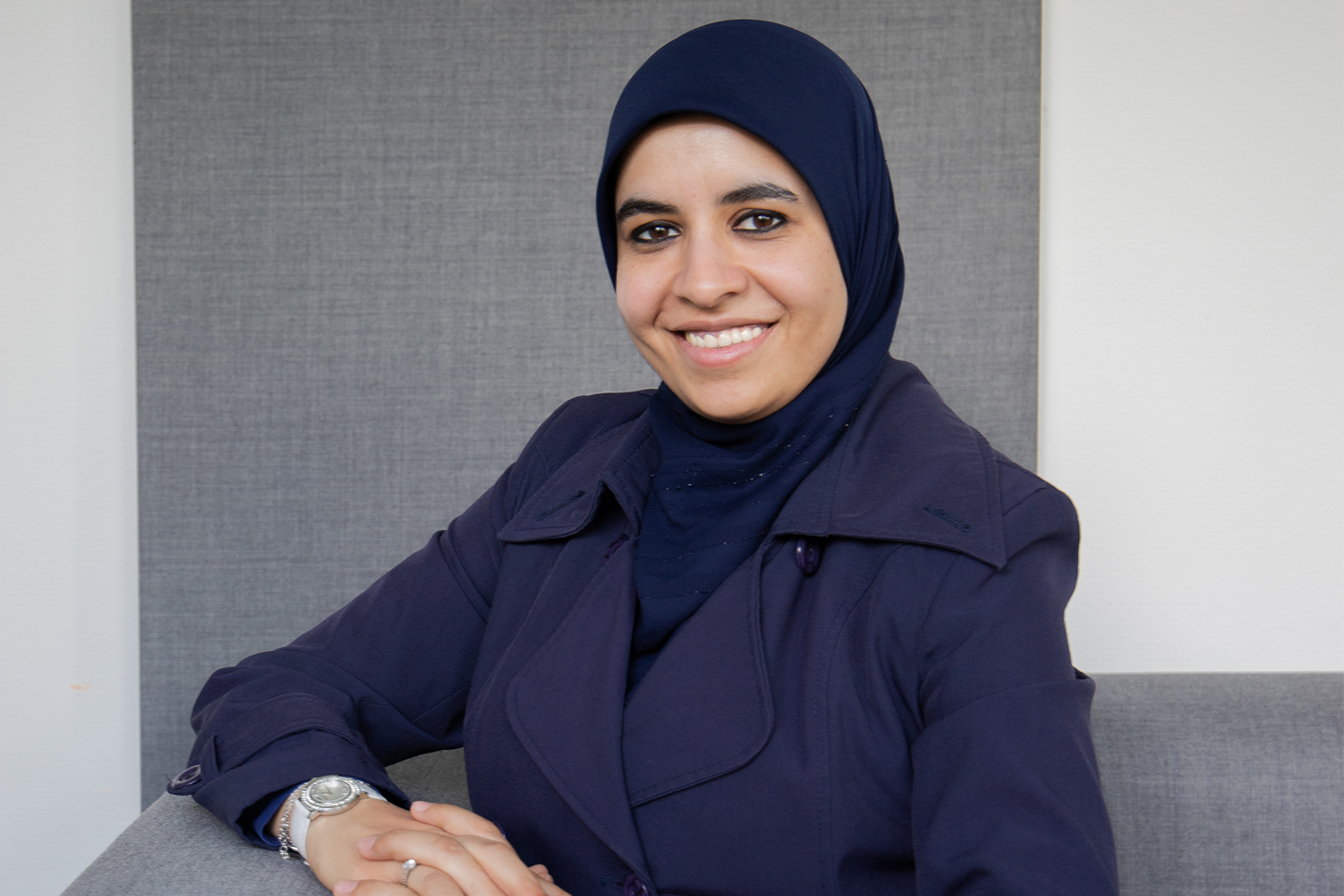
Safa'a AbuJarour is a researcher and a faculty member in Business Informatics at the University of Potsdam. She is also an Executive Board Member of the AIS Women Network College and the founder of the “Place4Refugees” NGO in Germany that assists refugees and newcomers with their integration process. Her research relates to social inclusion and digital integration topics and has been published at top-tier venues.
Dr. Kahina Le Louvier is a Senior Research Assistant on the H2020 PERCEPTIONS project, which investigates the impact of perceptions of Europe on migration behaviors and policies. Her Ph.D. research focused on the information experience of people seeking asylum in the UK. She is particularly interested in information practices, heritage, belonging, participation, migration governance, and the role of the civil society.

Dr. Faheem Hussain’s latest research works focus on the intersection between ICTs and displaced populations. He is currently working as a Clinical Assistant Professor in the School for the Future of Innovation in Society at Arizona State University. He received his Ph.D. in Engineering and Public Policy from Carnegie Mellon University.

Dr. Syed Ishtiaque Ahmed is an Assistant Professor of Computer Science at the University of Toronto. He researches the intersection between HCI and ICTD, in the Indian subcontinent and North America. He has pursued ethnographic and design studies to explore privacy, security, and surveillance concerns among the marginalized populations including refugees, mobile phone repairers, and victims of sexual harassmen.